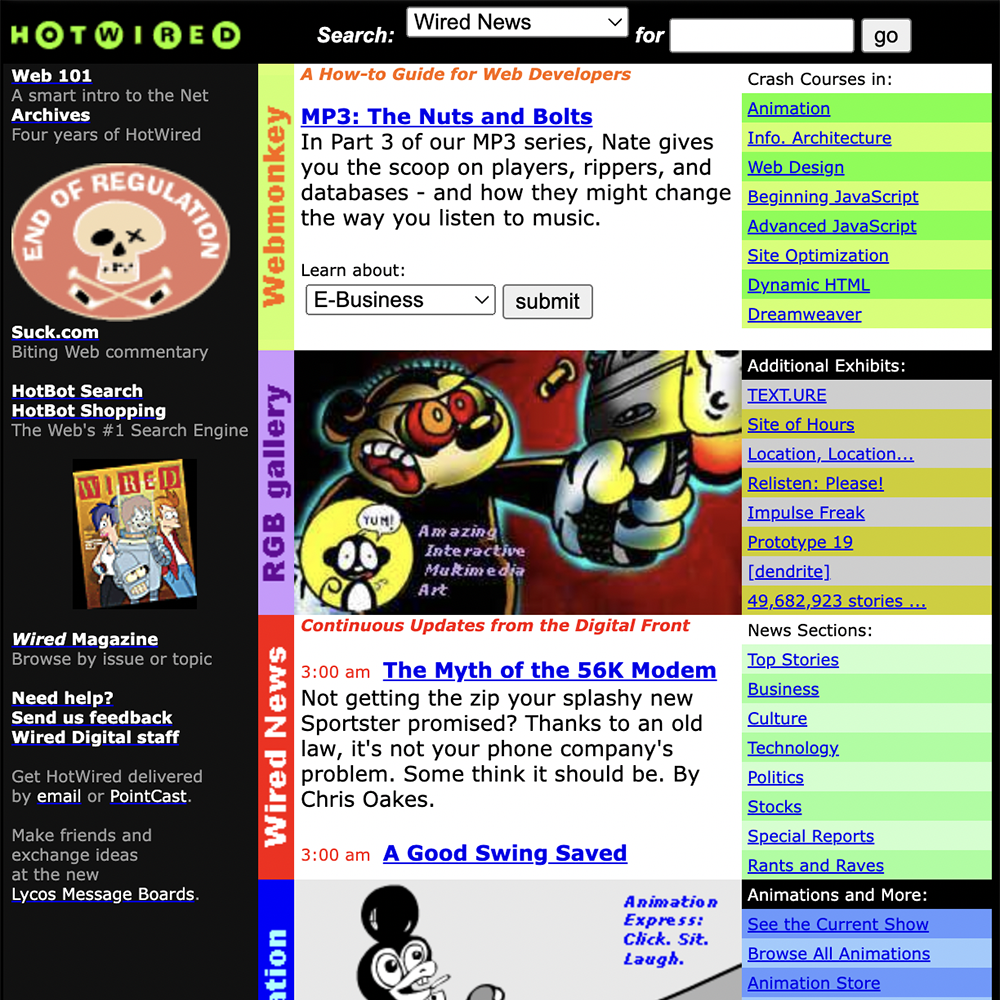
In the modern world, it’s common to wonder: what is content writing?
Put simply, content writing is the process involved in planning, writing, and editing web content. This writing process includes research, the writing itself and editing to ensure the most concise and accurate piece of work possible is produced. Whilst content writing has a variety of purposes such as education and entertainment, content writing often takes place within the scope of digital marketing.
More generally, however, content writing can also take the form of writing blog posts and articles, and scripts for videos and podcasts. Sometimes, content can be made for specific social platforms, for example, text posts on Reddit.
Different types of content writing
It is useful to familiarise yourself with the different types of content, as this will enable you to find what interests you and what your niche is. There are typically ten types of content writing which are used consistently:
Blogs:
Blogs are meant to be informational and simple. With blogs, the main aim is to guide users in a way which is informative yet engaging. When blogs are published on your website, to ensure you get as high a ranking as possible, it is important that you have SEO knowledge.
Brand journalism:
Brand journalists tell a tale of your brand in a favourable way. This involves creating factually correct information to solidify a brand’s reputation. This in turn promotes both customer conversions and loyalty.
Copywriter:
People often wonder: what is copy writing? If you too have found yourself pondering over this, then ponder no more! Copywriting is using creativity to convey your brand and customer language. This content could vary from product descriptions to website pages.
Email writing:
From creating call-to-actions to using persuasive language, the key part of being an email writer is your ability to create an email which will drive an action that correlates with your business goals. The main aim of an email writer is to drive as many conversions as possible.
Ghost-writing:
The main aim of ghost-writing is to be able to emulate a brand’s tone, without actually being a part of that brand. Having a trustworthy voice which can shapeshift dependent on which brand you are producing content for is important in this role. Also, understanding why tone of voice is important for brand identity can help with this too.
Long-form content:
If you enjoy or have enjoyed writing longer style formats of content, such as writing essays at university, long-form content writing will be perfectly suited to your skill set. Long-form content is simply any content, usually blogs or service pages, that is significantly longer than the average word count (usually around 2000-2500 words).
Scriptwriting:
Scriptwriting is not just for TV. Scriptwriting can take on various forms. The main talent you practise with scriptwriting is that you bring any story given to you, to life. This can be applied to writing a script for an answering message, or an advertisement for a brand.
Social media:
60% of the entire world uses social media, according to Smart Insights, so you can see why social media writing is as important as it is! Being able to stay ahead of the curve is crucial when writing for social media as algorithms, platforms and trends are constantly changing. This often involves short, snappy writing that fits within a particular character count.
Technical writing:
The main aim of a technical writer is to make subjects which are complex, easier to understand. For example making tech FAQs, what the tech is and how to use it.
Ad and promo writing:
Ad and promo writers develop capturing messages to generate more sales. Messaging needs to be powerful and punchy, as well as emulating the identity of a brand effectively.
Who does content writing?
Specifically, content writers create and manage content for businesses. Whilst projects can take on various forms a general project usually undertakes the following steps:
Goals
It’s important to have predefined goals so that when it comes to creating content for a campaign, you know what the appropriate steps are for creating your content.
Develop
Develop client personas to ensure that your content suits your ideal target customers. Using data means that you can guide your writing and find certain content styles which will create loyal customers and conversions.
Conduct keyword research
Keyword research means you can undertake content creation which will garner SEO best practices. Whilst SEO best practices do change frequently, undertaking keyword research means that you can stay ahead of the curve and rank well in SERPs.
Content strategy
Content strategies are really useful when you have multiple projects at once because you can synchronise resources to allow content to be spread equally. For example, you may want to consider instances such as which platforms you publish your content on and tracking the performance of your content.
Researching and outlining
It’s finally time to do research! Do topic research to understand your competition and understand your content fully. Also, creating a content plan so you can both visualise and save time will create a solid basis for your content creation. Sending outlines to clients is a time-effective way to progress onto writing content up in full as clients can flag anything they are unsure of in your plan.
Content planning
Planning is crucial to any content to ensure your post can be factual, entertaining and inspiring. Guaranteeing that your business creates trustworthy content means you will build a trustworthy name and therefore garner a brand name which people believe in.
Not only does research enable you to create a trustworthy brand but it also means you can plan ahead too. With a plan, you can target the correct keywords and ensure you’re creating targeted content, which will interest your readers.
Writing
Now comes the easy part, the writing itself! With all this prep beforehand writing will be a breeze. Ensure that you constantly revisit the previous steps whilst writing so your content is appealing to everyone including clients, audience and your own company. Also ensuring your content is grammatically sound whilst still being engaging is the perfect recipe for quality content!
Reviewing
After publication, it’s important to review what went well and what you would change if you could go back in time. Constantly reviewing and reflecting on your writing process will mean you will be able to boost your rankings on SERPS, enabling you and your wider team to create the best social strategy possible.
Why is content writing important?
Content writing is important for a vast amount of reasons:
Tangible output
Content writing helps to bring a brand to life. Whether it be short-form, long-form, product pages, or social media posts – content writing is the backbone of your company and its representation.
Search engine optimisation (SEO)
SEO is vastly important to any marketing strategy. This is because SEO ensures that people searching for keywords related to your brand and business will be able to find your site online. Using keywords in your H1s, H2s and H3s will ensure that more emphasis will be put on these keywords. Check out our SEO blog writing guide, to find out more.
Social validation is granted through the implementation of SEO in content creation too! Great content which delivers value means the audiences will engage with your content through social media and other forums online. From sharing links to reposting your content, any of these actions which are undertaken will mean that Google will validate these actions to show that you produce quality content.
At a Manchester SEO agency like Custard, content optimised for SEO is one of our specialities. If you’re interested in outsourcing your business’ SEO content writing, get in touch with our specialist SEO content writing agency today.
Reach more people
Content writing allows you to grow your content. Creating unique engaging content means you can garner the interest of wide audiences whilst still inspiring and educating. Quality content is more likely to be shared amongst people, therefore this raises your brand’s awareness expanding your reach. Not only this but writing quality content which specifically targets keywords will reach a variety of people due to a high ranking on SERPs.
What is copy writing?
Now you know what content writing is, you may be wondering about the difference between copy writing and content writing, as the two are often confused.
Whilst both copywriters and content writers produce content to inspire, motivate and persuade, the purposes of these two roles differ from one another.
Generally speaking, copywriting focuses more on advertising and selling a product. However, content writing focuses more on entertaining or educating.
Tips for effective content writing
Now you know what it takes to be a knowledgeable writer it’s important to understand what makes a piece of strong-quality content specifically.
There are some things you should consider for effective content writing, for example:
- Create a strong headline – be catchy, but not clickbait-y. It’s important to be engaging but not false.
- Write for the audience – researching your audience and keeping their interests in mind whilst being clear and concise will ensure you create personalised content. Make content which creates relationships!
Be aesthetic – whilst content is king, using visuals such as images really breaks up your text making your work easier to read and also more engaging.




